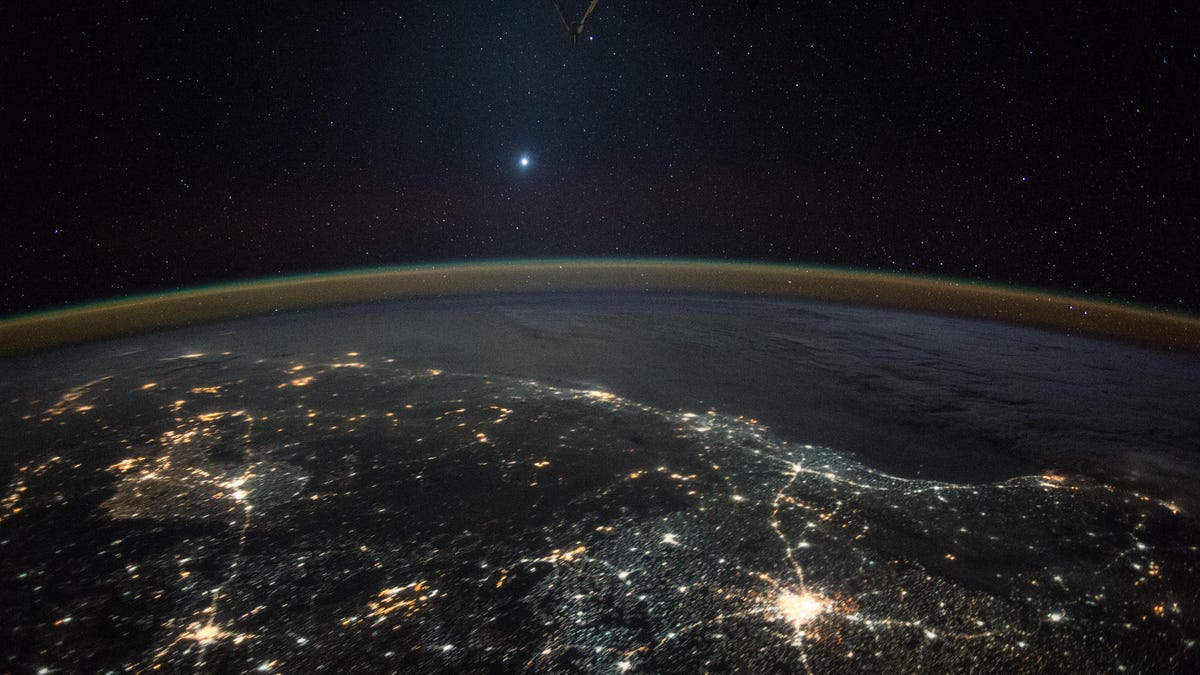
“EnVision, VERITAS, and DAVINCI+ are going to provide an unbelievable and unexpectedly solid foundation for how we tackle this question.â€.
NASA’s VERITAS is an orbiter that will peer through Venus’ dense clouds to understand the planet’s topography, surface chemistry, and even look deeper into the planet to understand its geologic processes.The agency’s second mission, DAVINCI+, will consist of a probe that will descend through Venus’ atmosphere, sampling its chemistry, winds, and pressure and even taking high-resolution images of one region of the planet—a huge upgrade on the only surface images of Venus so far taken, the most recent being by USSR missions nearly 40 years ago.
“I’m particularly excited to learn more about the plateaus on Venus, which are interesting but challenging analogs to Earth’s own large plateaus.
The lava on the planet and its role in shaping Venus’ surface is also not well understand and thoroughly debated, including when the lava surfaced and cooled and whether it all resurfaced at once or in piecemeal bits.
Lev added: “I am certain that the new observations of Venus’ surface that VERITAS will be collecting will teach us a lot about all of these unique processes, and, potentially, about volcanism at extreme conditions (i.e., high pressure, high temperature, very fluid lavas) on Earth now and in the remote past.â€.You may recall that last year there was a bit of a frenzy around the apparent discovery of phosphine, a potential biosignature, in some relatively balmy clouds in Venus’ atmosphere.But there are some scientists who still argue that microbial life could exist in Venus’ clouds.
There are plenty of confounding features on Venus that scientists are eager to observe and interpret, and they’re just as intrigued about what those features could reveal about Earth’s evolution to the oasis it is todayMore: Hell Yes, We’re Going to Venus